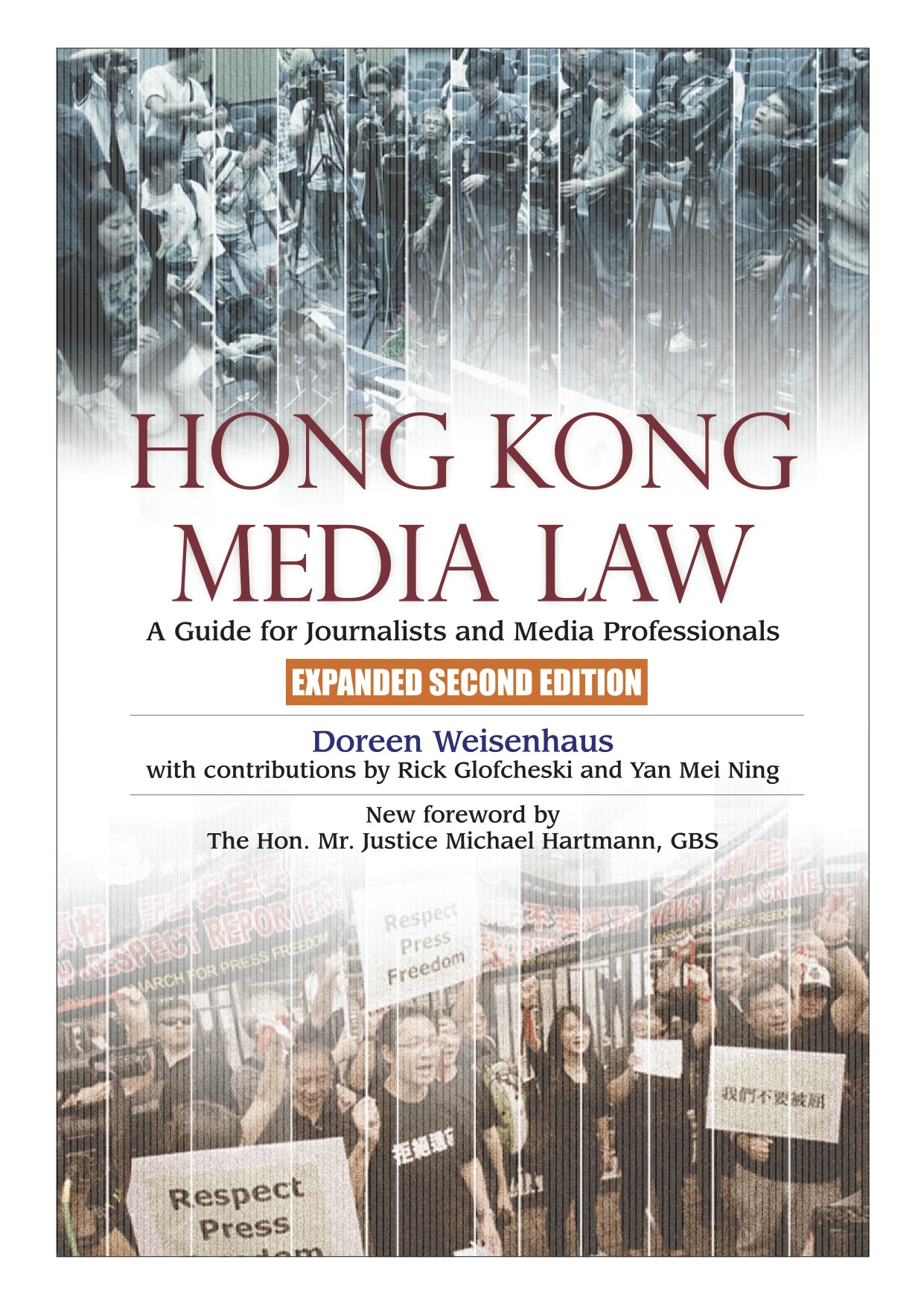University of Hong Kong Professor Rick Glofcheski recently discussed three cases since 2012 that are helping to shape defamation law in Hong Kong, particularly relating to the Internet. The liability of online forum hosts was explored by the Court of Final Appeal in Oriental Daily v Fevaworks (2013), while the public interest defence was extended to include “responsible public dissemination” statements in Blakeney-Williams v Cathay Pacific Airways Ltd (2012). And he noted that there was a trend towards more moderate damage awards in defamation cases involving internet postings, as explored in Oriental Daily Publisher Ltd v Ming Pao Holdings Ltd (No 1) (2012).
Glofcheski was among the speakers from around the world at a two-day conference, Media Law and Policy in the Internet Age, co-hosted by the Journalism and Media Studies Centre and the Faculty of Law at HKU. Glofcheski described these cases as emblematic of the phenomenon where “technology is leading the law”. Given the lack of impetus for statutory reform by the government and legislature, the task of law reform falls to the judiciary. In his view, courts in Hong Kong have displayed a readiness to take a leadership role as seen in cases such as Cheng Albert & Anor v. Tse Wai Chun Paul (2000) and are adaptive in seeking guidance from jurisprudence of other jurisdictions. However, he warned of the limitations of relying on judge-made law in reforming defamation law. The gradual approach of “shaping modern law out of old law” by judges may risk judicial contortion, whereby the court may detract from the real issues at stake, he said.
